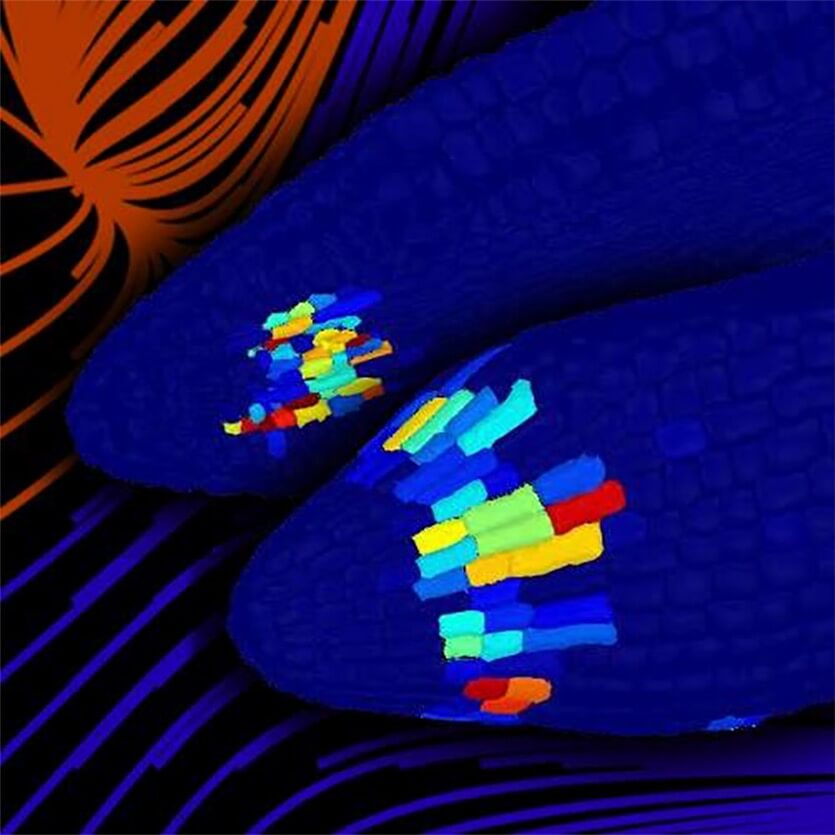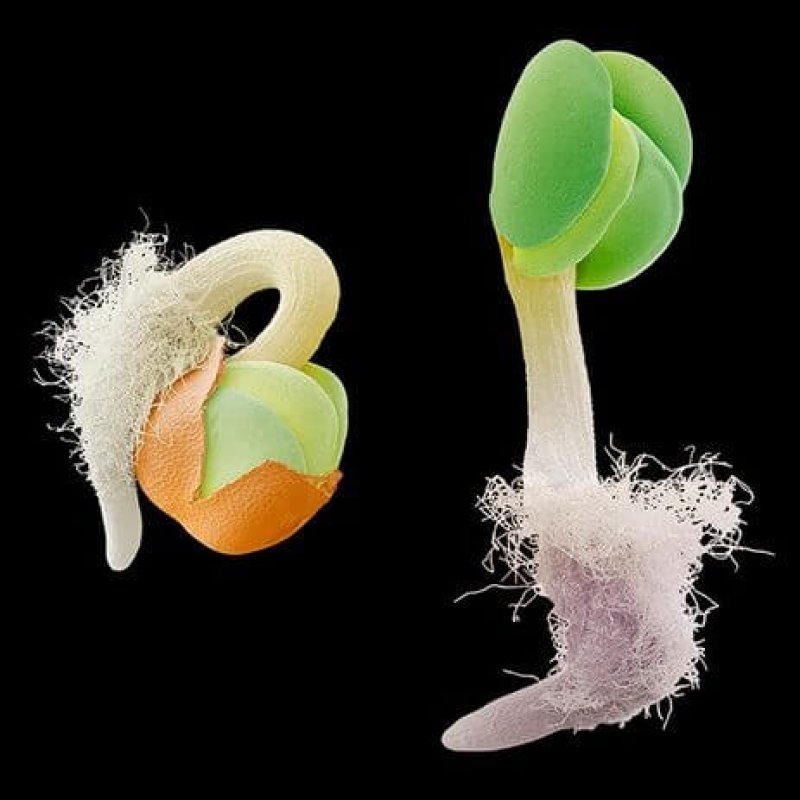Botanical orthodoxy holds that plant germination is a purely mechanistic process, driven entirely by external stimuli. The plant seed itself has no say in the matter.
Research published in the Proceedings of the National Academy of Sciences (PNAS), however, is set to radically change that idea.
Scientists from the University of Birmingham have discovered that the plants themselves determine when to germinate, effectively making a decision through the interaction of two groups of cells that constitute an analogue of a brain.
The scientists, led by George Bassel of the university’s School of Biosciences, discovered two types of cell operating in concert in the embryos of a plant called Arabidopsis, or thale cress. One group of cells promotes seed dormancy, while the other drives germination.
Bassel’s team discovered tat the two groups collectively function as a decision-making centre by moving hormones from one to the other.
Using a genetically modified variety of the thale cress that amplified chemical signaling, the researchers found that the two exchange hormones between the two cell groups effectively led to a decision of when to trigger germination.

The GLP aggregated and excerpted this blog/article to reflect the diversity of news, opinion, and analysis. Read full, original post: Do plant seeds have brains?































